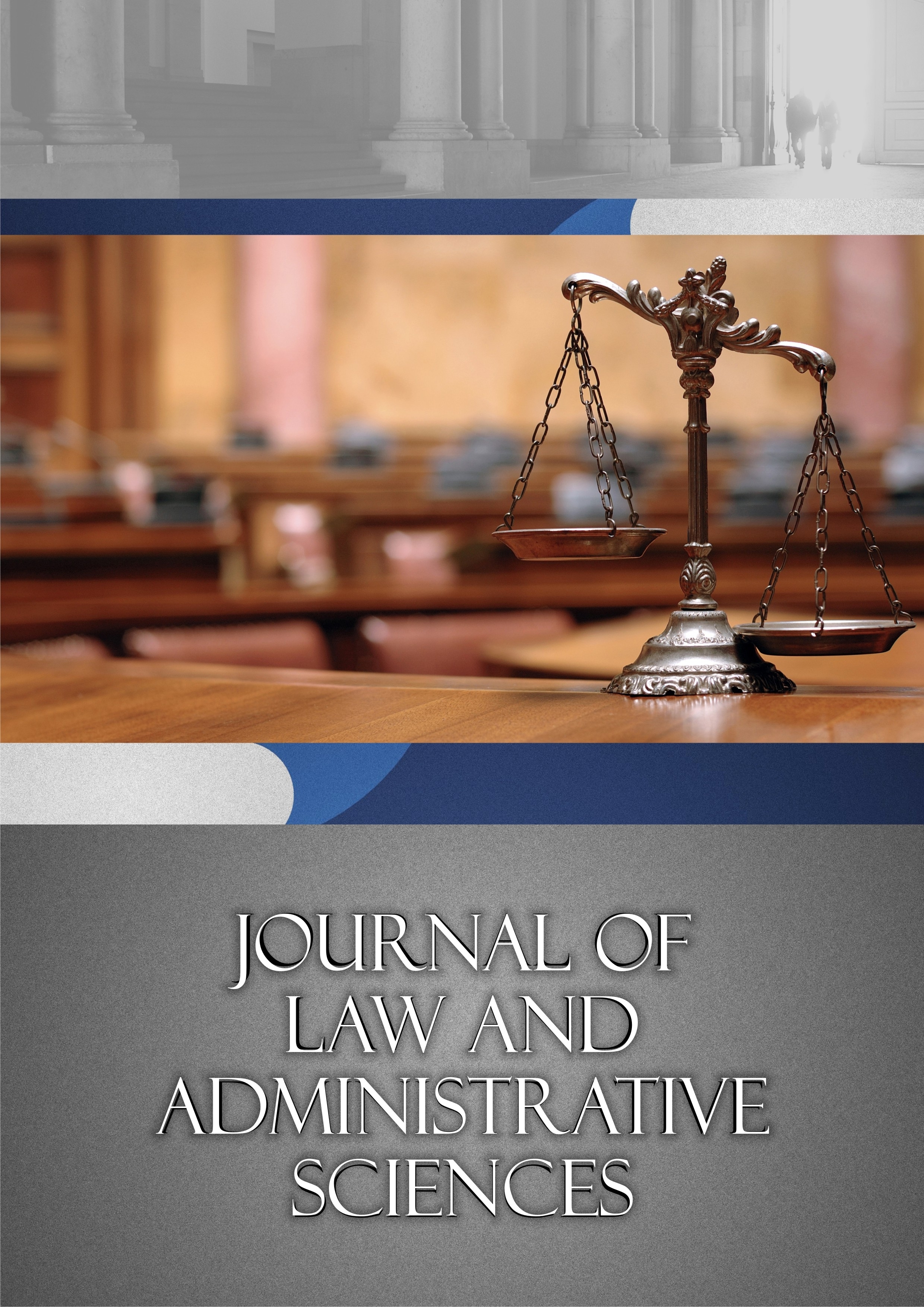The Citizenship of European Union – “Diversity in Unity” or “Unity in Diversity”?
The Citizenship of European Union – “Diversity in Unity” or “Unity in Diversity”?
Author(s): Emilian CiongaruSubject(s): Politics / Political Sciences, History, Social Sciences, Law, Constitution, Jurisprudence, EU-Legislation
Published by: Editura Universitatii Petrol-Gaze din Ploiesti
Keywords: Citizenship of European Union; political life; legal order; obligations of citizenship
Summary/Abstract: Without having a universally accepted definition, the concept of citizenship has acquired through time a multitude of definitions putting, in general, the question of belonging to a particular community, which requires with priority political rights but also obligations, the citizen being the one that has rights and duties in a democratic society. The notion of European citizenship is based on rights and corresponding obligations, implying the fact that the citizens of the European Union benefit, in this quality, of the same rights that are traditionally awarded to own citizens in the internal legal order. By applying the “unity in diversity” principle which the united Europe is built upon, the European citizenship represents equality before the adopted laws and the problems and dissatisfactions of citizens can be the same regardless of nationality or ethnicity and common solutions need to be built for these. By the inclusion of rights, obligations, as well as by participating in the political life, the European citizenship hasthe purpose of consolidating the image and identity of the European Union and the more profound involvement of the citizen in the European integration process.
Journal: Jurnalul de Drept si Stiinte Administrative
- Issue Year: 1/2016
- Issue No: 5
- Page Range: 11-19
- Page Count: 9
- Language: English

